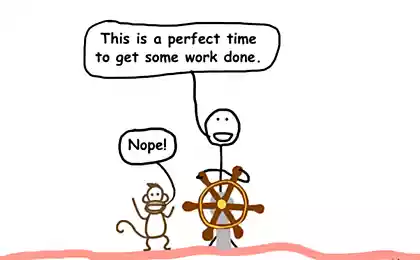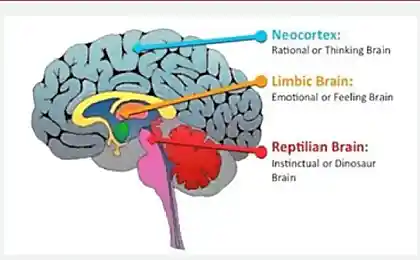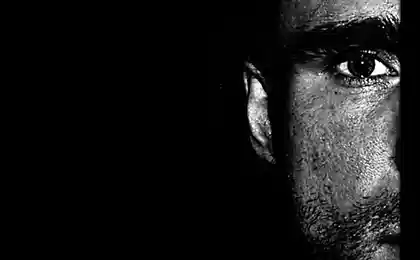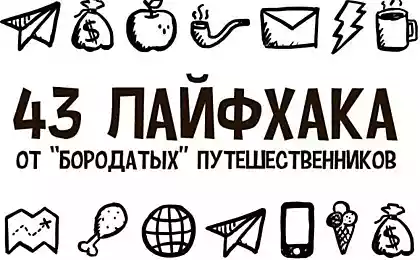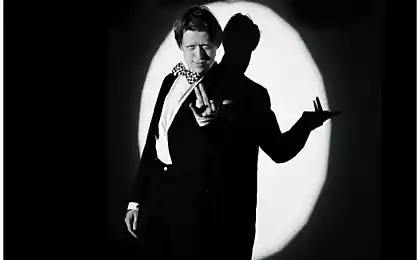478
How to stop plan — 7 improv classes
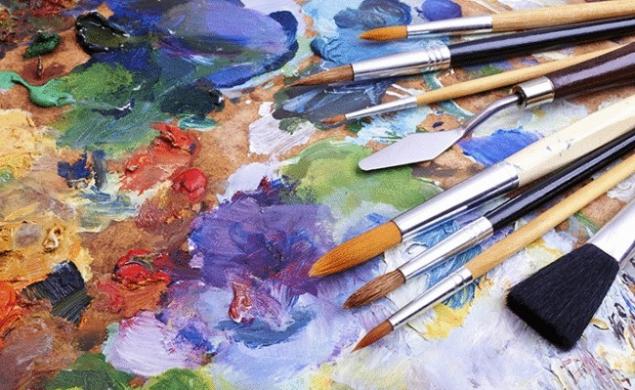
Impulsive decisions expand our capabilities. And when we think that planning does not produce the desired results, it comes time to learn to improvise.
So says Patricia Matson – lecturer at Stanford University, head of the California center of "Creative life" and author of "improv classes". Her tips help to learn how to make decisions instantly and with the greatest benefit for the business. We offer you 7 lessons from her book.
Lesson 1. Agree. It's not about mindlessly poddakivanie in response to any suggestions. When it comes to important things for you, you will most likely not hesitate to choose the best, and rightly so. However, where the choice is not a principled "Yes" is better than "no" and what a waste of time to choose from. How many opportunities for a new you closed, saying "no" without even trying to find out what interesting you have prepared for life?
"Saying Yes, we can avoid a very big sin of blocking. Often we block not only others, but ourselves. "I draw very badly, so why would I do that? And anyway, what I think can become an artist?"
Lesson 2. No need to prepare for. If the collection of suitcases spoils the mood, prefer the mood. The problem is that those thoughts all the time is in the future, ignores the present. Improvisation is also very important not to miss the moment. The most difficult thing about this rule is to learn to deal with fear that without preparation you will fail. The author proposes to treat the upcoming event, as a gift box (fate) and believe that there is definitely something there. As a rule, we are ready for the exam, and the extra attempts to remember something, only consume power.
"Songs, music, paintings, any creative ideas pass through a man, but not created them."
Lesson 3. Presence is everything. Scheduled classes at the gym can be delayed to the last. Will help one of the rules of improvisation – just come! Complex tasks scare, but just to appear in the place where you want to go, costs nothing. And once in place, even easier to pick up the barbell, stand on the treadmill or hop on an exercise bike.
"Get your life, like a car, gas to the floor and fly towards your goal. You love your parents? So visit them. My dream is to become a writer – sit down and write it."
Lesson 4. Start anywhere. Finding the right start take time, says Patricia. But once you started – it can be considered started and the results are already a little closer. Hard to start cleaning? Remove the package of the milk in the bin and lift the fallen on the floor toy.
"Define your task. When you're finished reading this book, put it down and do what came to mind first. "Sink" the idea is very simple. Do not give in to this impulse."
Lesson 5. Be mediocre. We get tired because they want to seem smarter, stronger, prettier and more talented. And the more we tense up, the worse the result. At the same time, no matter what we do, there will always be something done better. And the risk of errors always exists. So we just need to convince ourselves that our results have a right to exist.
"If you are faced with an important task, go to its solution in normal operating mode, as if you don't strive to impress anyone. Do what you feels natural, simple and obvious."
Lesson 6. Look facts in the face. This rule helps in countless number of cases, as we do, that trying to escape from reality. We don't like people with their incomprehensible to us the characters, the events to which we are not accustomed to any new realities. We don't know how to work, communicate and live. As an improviser, just accepts everything as it is.
"Improvisation can be compared with the ability to ride a bike, skis or a surfboard. These sports are characterized by unpredictability. Everything changes every second. Not to fall, we must constantly balance".
Lesson 7. Please, be mistaken. The author does not believe that errors should be avoided. As a teacher she even asks students to make mistakes deliberately, to go beyond his normal vision. Lots of discoveries in science and technology have been made just at the moment when the researcher made a mistake.
"It seems to us that after every one of our mistakes a number of the judges stone faces up signs with points, after the performances of the athletes-skaters. It would be nice to reconsider the approach of the society to the error that is completely natural for humans and can even lead to positive results."
Source: domashniy.ru/


